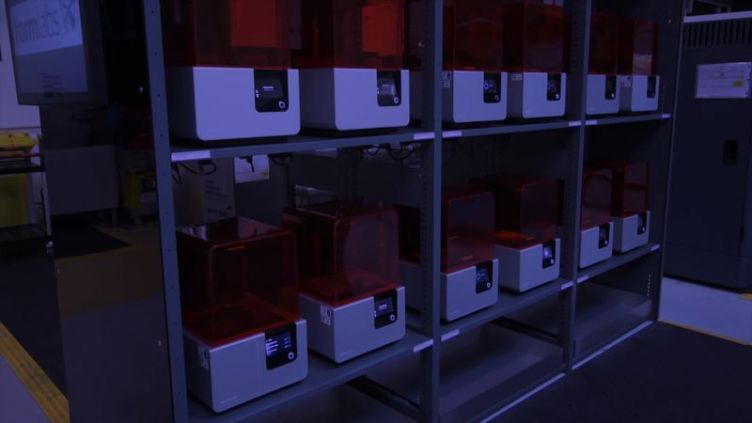Biomedical Engineering careers
Using ground-breaking technological innovation and the precision of carefully-applied engineering concepts, Biomedical Engineering is a distinctive subject area in its own right that is changing lives all over the world.
It can lead to fascinating and fulfilling careers in the pharmaceutical, medical devices and engineering research sectors. Throughout your degree - and even for three years after you've graduated - you'll receive employability support to enhance your career progression.
Year in Industry
In this video, fourth year Biomedical Engineering student, Liam, talks about working as a project engineer as part of the AMRC’s Design and Prototyping Group. Working within the Medical AMRC, Liam was at the forefront of an exciting new project to develop a smart-enabled laparoscopic tool for use in a digital operating theatre - the first step towards enabling capture of surgical procedures in real time.
Career development opportunities and activities during your studies
To fulfil your potential, there's a wider infrastructure of staff and services. This includes the University Careers Service and the Faculty of Engineering's own Year in Industry team. Alongside our research-led academics and dedicated support staff to organise and deliver tailored careers support in each year of study.
- Biomedical Engineering Showcase event with some of the UK's leading Healthcare and Medical Technology companies
- Dedicated Year in Industry team to help guide and support you when thinking about industrial placements.
- One-to-one guidance on how to write persuasive CVs and applications
- Personalised diagnostic careers sessions in your final year
- Advice on how to succeed in interviews and assessment centres
- Opportunities to meet recent graduates and find out about their path to success
- Engineering-specific recruitment fairs
- Industrial networking events and seminars
- Employer presentations
- Graduate presentations and insights into their new and/or established careers
- Making the most of the many careers events that take place both on campus and beyond
- Advice on where to find placements and jobs in your area of interest or field of expertise
Transferable skills
You'll graduate with the engineering knowledge and transferable skills needed to excel in the jobs market.
Throughout the course, you'll have the opportunity to project manage, analyse and solve complex problems, work both independently and as part of a team and develop your communication skills which are so valued by employers. You'll be challenged to think critically and, of course, you'll acquire a high level of numeracy.
Starting salary
The average starting salary for our graduates going into employment is £26.4k.
Graduate destinations
Our graduates have achieved success in a range of fields.
Some go on to further study, undertaking PhDs in subjects such as computational medicine, biomaterials and tissue engineering, neuroscience and pharmaceutical engineering.
Many pursue careers, with recent graduates securing roles as
- Trainee Clinical Scientist in the National Health Service
- Safety Scientist at Roche
- Graduate Software Engineer at Zethon
- Graduate Trainee Enginer at DePuy Synthes
- Medical Writer at Envision Pharma Group
- Applications Engineer at National Instruments
- Trainee Physics Teacher
- Biomedical Engineer at Medicorp
- Financial Engineer at First Derivatives
- Graduate Engineer at Johnson & Johnson
- Project Manager for the United Nations Human Settlement Programme

International undergraduate scholarships
We offer a generous package of financial support for international undergraduate students, including scholarships worth £10,000 towards the annual tuition fee.
Applications are open for existing offer holders for an undergraduate degree programme starting in autumn 2025.

